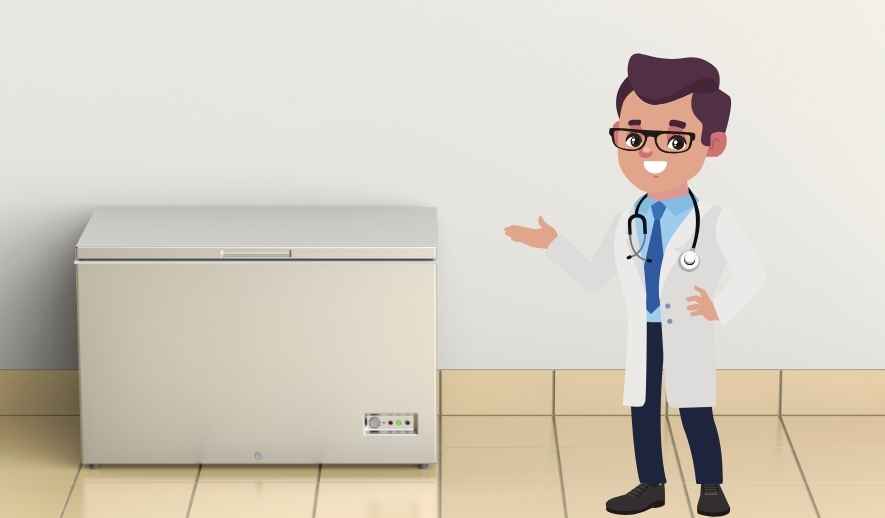Introduction to Mental Health Education
Mental health education is no longer a luxury — it’s a necessity. In 2025, more individuals, schools, workplaces, and governments are realizing the importance of teaching people how to care for their mental well-being. From understanding anxiety to managing stress and accessing professional support, mental health education provides life-changing knowledge and tools for better living.
Why Mental Health Education Matters
For decades, mental health was misunderstood and shrouded in silence. Today, education is breaking that silence, offering people the confidence to seek help and support others.
Breaking the Stigma
Open discussions about mental health reduce shame and fear, making it easier for people to speak up about their struggles.
Encouraging Early Intervention
Education helps individuals recognize early signs of anxiety, depression, or burnout, so they can access support before symptoms escalate.
Promoting Resilience and Self-Care
Mental health literacy teaches coping skills like mindfulness, boundary setting, and healthy stress management, fostering long-term emotional strength.
Key Components of Effective Mental Health Education
An impactful mental health program isn’t just about definitions — it’s about empowerment.
Understanding Mental Health Basics
Knowing what mental health is, and how it differs from mental illness, is the foundation for empathy and effective care.
Recognizing Signs and Symptoms
Teaching people to spot emotional, behavioral, and physical signs of mental health challenges ensures early support and intervention.
Accessing Resources and Support
Education should direct individuals to trusted helplines, therapy services, crisis centers, and self-help tools.
Building Emotional Intelligence
Mental health literacy includes developing skills in empathy, conflict resolution, and emotional regulation — essential for thriving relationships and careers.
15 Empowering Mental Health Education Initiatives in 2025
Here’s how mental health education is making a difference this year.
1. Mental Health First Aid Programs
Certified programs training everyday people to identify, understand, and respond to mental health issues — like CPR for the mind.
2. School-Based Wellness Curriculums
Many schools now teach mindfulness, stress management, and emotional awareness alongside math and science.
3. Employee Assistance Programs
Workplaces offer counseling, resilience workshops, and manager training to support employee mental well-being.
4. Online Mental Health Courses
Accessible e-learning programs on topics like anxiety management, trauma-informed care, and self-care strategies.
5. Peer Support Training
Equipping volunteers to offer empathetic, informed listening and support within their communities.
6. Community Workshops
Local libraries, religious centers, and youth clubs host free mental health awareness sessions open to all.
7. Public Awareness Campaigns
National campaigns like World Mental Health Day or Bell Let’s Talk encourage public conversations and donations for services.
8. Mental Health Apps and Platforms
Apps like Calm, Headspace, and BetterHelp educate users while offering accessible, digital support options.
9. Teletherapy Education Resources
Guides and webinars help individuals navigate online therapy and remote counseling services.
10. Social Media Advocacy
Influencers and mental health advocates use platforms like Instagram and TikTok to educate followers on mental wellness.
11. Suicide Prevention Workshops
Community-led initiatives that teach people how to recognize warning signs and offer crisis support.
12. Youth Mentoring Programs
Pairing teens with trained mentors who offer emotional guidance, mental health literacy, and positive role modeling.
13. Mindfulness and Meditation Training
Courses and retreats promoting self-awareness and stress relief through guided practice.
14. Parent and Caregiver Workshops
Helping adults understand youth mental health, digital wellness, and effective communication at home.
15. Trauma-Informed Care Training
Professional development programs for teachers, police, healthcare workers, and social workers to better support trauma survivors.
How Mental Health Education Improves Lives
The ripple effect of effective mental health education is profound.
Enhancing Emotional Well-being
People gain tools to manage anxiety, build resilience, and improve self-esteem.
Reducing Mental Health Crises
Early intervention, paired with greater awareness, reduces the frequency and severity of mental health emergencies.
Improving Academic and Workplace Performance
When mental health is prioritized, students and employees focus better, miss fewer days, and achieve greater success.
Challenges in Mental Health Education
Despite progress, barriers remain.
Cultural Barriers
In some cultures, discussing mental health is taboo, making outreach and education difficult.
Resource Limitations
Rural areas or underfunded schools and clinics may lack qualified mental health educators and services.
Misinformation and Myths
Social media and unregulated resources sometimes spread harmful myths about mental health conditions and treatments.
The Future of Mental Health Education
As technology and social awareness evolve, expect:
- AI-powered emotional health tools
- Mandatory school curriculums on mental well-being
- VR-based empathy training
- Integrated workplace wellness platforms
To stay ahead, visit Mental Health America for up-to-date educational resources and initiatives.
FAQs
What is mental health education?
It’s the practice of teaching individuals and communities about mental health, emotional well-being, and coping strategies for life’s challenges.
Why is mental health education important?
It raises awareness, reduces stigma, encourages early intervention, and equips people with practical self-care tools.
How can I learn about mental health?
Enroll in workshops, online courses, webinars, or follow certified mental health advocates and organizations.
Is mental health education available in schools?
Yes — many schools offer wellness curriculums, mindfulness sessions, and peer support programs in 2025.
Can mental health education prevent mental illness?
While it can’t always prevent mental illness, it promotes resilience, early detection, and healthier coping mechanisms.
Are online mental health courses reliable?
Yes — when provided by certified professionals or trusted organizations. Always check credentials and reviews.
Conclusion
Mental health education isn’t just improving individual lives — it’s transforming entire communities. As stigma fades and awareness grows, initiatives like school wellness programs, teletherapy resources, and public awareness campaigns are equipping people with tools for resilience, empathy, and emotional strength. In 2025 and beyond, mental health education remains one of the most powerful investments in our collective future.



